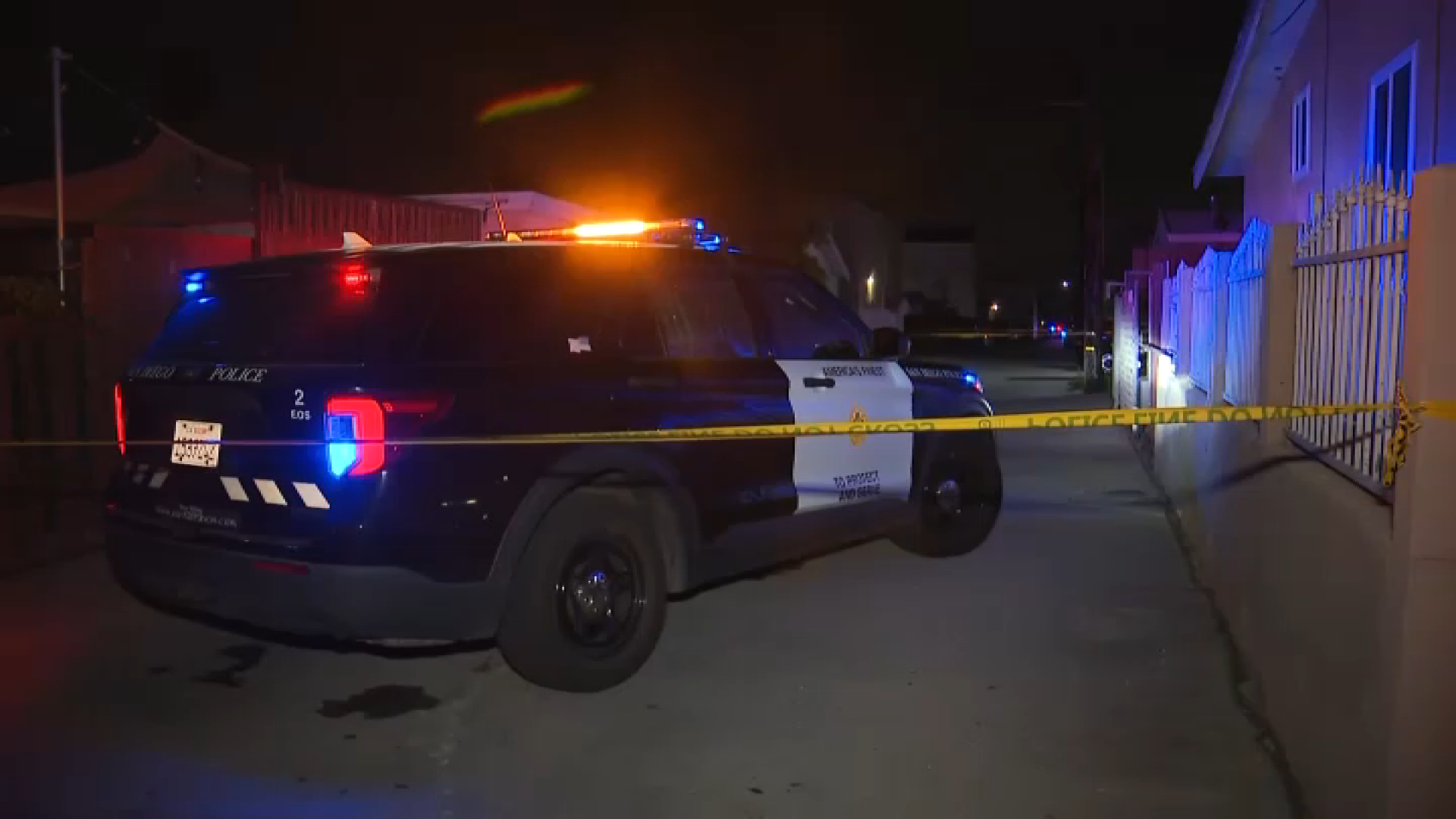A San Diego doctor could lose his medical license for abusing alcohol and powerful narcotics, including Oxycodone.
And the president of the San Diego County Medical Society acknowledges that drug and alcohol abuse among doctors is a significant problem.
Dr. Samuel Gerson is an emergency room doctor, at the UCSD Health System.
Dr. Gerson continues to treat patients, even though he admitted stealing another doctor's prescription pad to get Oxycodone and Endocet, powerful and very addictive narcotics.
Both UCSD and Gerson’s lawyer say the doctor is not a threat to his patients, because he is no longer impaired, has completed a drug rehab program, and submits to drug testing and weekly therapy.
According to an accusation filed this week by the Medical Board of California, Gerson put his medical license at risk with a DUI conviction in December, 2011.
Months later, Gerson admitted that while working in the emergency room at UCSD Medical Center, he took another doctor's prescription pad, and wrote himself five prescriptions for the powerful and addictive pain-killers, Oxycodone and Endocet.
Local
Dr. Sherry Franklin, president of the local Medical Society says research reveals, doctors have a higher rate of alcohol and drug abuse that the general public.
Franklin says the data confirms that “there is a large, large number of physicians that are impaired."
She says the tremendous pressure of medical school and the grueling intensity of residency and medical practice will sometimes cause “burn-out, depression and anxiety, and those things (can) lead to substance abuse of one shape or form."
The accusation reveals that last March, prosecutors charged Dr. Gerson with ten felonies.
He resolved that criminal complaint by pleading guilty on a single charge “forgery of prescription for a narcotic.”
Gerson paid a fine and enrolled in a court-ordered drug program.
UCSD confirms, Dr. Gerson now works part time in the ER, after completing his rehab program.
In a statement, the University said he “is fully cooperating with an on-going, comprehensive internal monitoring program.”
And Gerson's lawyer told NBC 7 that his client gets random drug tests four to six times a month, and “is not an impaired physician. Rather, he is a physician in recovery, providing outstanding, high-quality care to patients."
Dr. Franklin of the Medical Society says he hopes the Medical Board re-establishes its drug diversion program, which allowed doctors to keep their license, while getting confidential help with their drug and alcohol problems.
“Physicians that were in this position or kind of felt themselves stepping into this position would then be able to voluntarily go to the diversion program and say, 'I think I'm beginning to have a problem here.' And it wouldn't be public, or a Scarlet Letter," says Franklin.
But the state Medical Board ended its drug monitoring program five years ago, after it failed five different audits.
Critics say it failed to protect patients, and did a poor job of supervising troubled doctors.
Those critics, who include public interest attorneys at the University of San Diego, say doctors can voluntarily commit themselves to the same drug or alcohol programs available to the public, and should be prosecuted when caught abusing drugs or alcohol, and be subject to losing their medical license.



